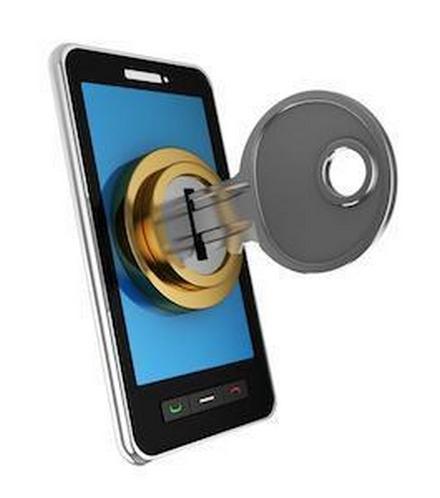TELEPHONES ANSWERED 24 HOURS A DAY
Supreme Court Says Police Need Warrant to Search Cellphones
 May the police search your cellphone without a warrant? On June 25, the United States Supreme Court said that in most cases, the answer is “no.” The Court ruled in two cases where police seized and searched a suspect's cell phone without a warrant. Federal and state officials argued that such searches, when conducted as part of an arrest, do not violate the Fourth Amendment to the United States Constitution. The Supreme Court disagreed.
May the police search your cellphone without a warrant? On June 25, the United States Supreme Court said that in most cases, the answer is “no.” The Court ruled in two cases where police seized and searched a suspect's cell phone without a warrant. Federal and state officials argued that such searches, when conducted as part of an arrest, do not violate the Fourth Amendment to the United States Constitution. The Supreme Court disagreed.
Riley v. California
The first case reviewed by the Court involved a man in California initially stopped for a minor traffic violation and driving with a suspended license. Police searched the man's car and discovered illegal firearms. Police arrested the man and searched his cellphone without a warrant. The cellphone led police to uncover additional evidence connecting the man to a gang shooting. A jury convicted the defendant on several charges, and the California courts rejected his appeal on the grounds the police illegally searched his phone.
The second case involved a man in Boston arrested on federal drug charges. Police arrested the man after allegedly observing him purchasing drugs. As in the other case, police seized and searched the defendant's cellphone without a warrant. Evidence obtained from the cellphone led police to discover additional evidence of illegal drug activity. Although convicted in federal court, an appeals court overturned the conviction, citing the police's violation of the defendant's Fourth Amendment rights.
The Supreme Court unanimously sided with the appeals court in the second case. Chief Justice John Roberts, writing for the Court, said bluntly, “Our answer to the question of what police must do before searching a cellphone seized incident to an arrest is accordingly simple—get a warrant.” The Chief Justice explained that while cellphones may be a modern invention, the historical principles governing the Fourth Amendment still apply.
The notion that police may conduct warrantless searches incident to an arrest stems from the need to ensure the safety of law enforcement personnel and prevent a suspect from evading capture. For example, that is why police may search an arrestee's car for firearms. But as the Chief Justice noted, “Digital data stored on a cell phone cannot itself be used as a weapon to harm an arresting officer or to effectuate the arrestee’s escape.”
The federal government argued that a defendant could conceivably erase incriminating evidence from his cellphone before police had time to obtain a warrant. The Chief Justice dismissed this as unfounded speculation. Ultimately, the Supreme Court found that all Americans, even those suspected of serious crimes, have a right to privacy that extends to the data contained on their cellphones.
Holding Police Accountable
If you, or someone you know, is facing serious criminal charges in Illinois, it is essential to work with an experienced criminal defense attorney who will ensure police and prosecutors respect the Constitution and the rules laid down by the Supreme Court. No person should ever face prison as the result of police or prosecutorial misconduct. Contact the Law Offices of Hal M. Garfinkel LLC, Chicago Criminal Defense Attorney today if you have any questions.



